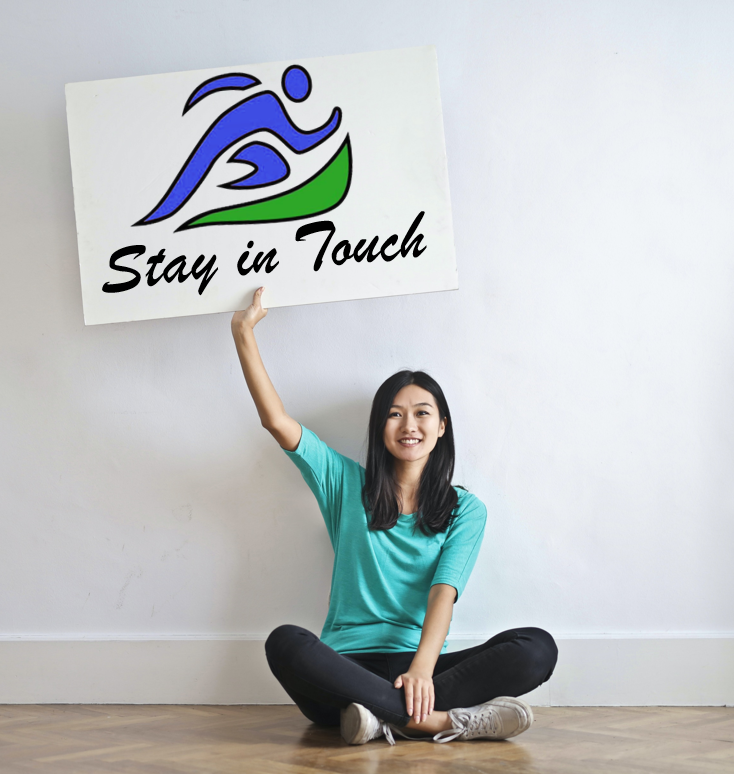Sometimes it seems like we’re getting close to the end of the whole ordeal with Covid – and other times it seems like it will never end. People are getting vaccinated, which is good, but now there are new strains and they still don’t know if those are even worse. It can feel like an endless mountain that we’re all climbing.
Here are 7 ways to reduce feelings of anxiety, stress, and isolation, and why doing that is so important.
Studies done at the University of Manchester and Swansea University found something we all know intuitively. Social distancing and staying at home is having a very negative impact on our mental and emotional health.
Isolation from Social distancing can lead to:
- Anxiety and depression
- Loneliness
- Possible cognitive decline
- A higher risk of illness because of stress
- Increased alcohol or drugs
- Stress caused by worrying about your family, friends, and yourself
- Overeating
- Insomnia or problems with sleeping well
One of the reasons for this more intense stress is because no one – not even the experts – know when the pandemic will end, and when life can return to “normal.”
Plus, no one knows how COVID-19 is going to affect the future, in terms of:
- The economy
- Our jobs
- Our finances
- Our relationships
- Our health
- Our family’s health
- Our physical and mental wellbeing
This much uncertainty in our lives is very challenging. We all want a feeling of safety and control over our lives. Without that, we exprience stress and anxiety that can be very intense. It’s emotionally and even physically draining.
The good news? There are things we can do that can help us cope with or at least reduce feelings of isolation and all the challenging emotions that creates.

Here are Seven Tips to Reduce Feelings of Anxiety that can help you maintain balance during these trying times.
- Be clear about the things that you actually can control.Many things about life as we know it now are out of our control. But knowing what you can affect will help you remain a calm during these unprecedented stressful times.
- Learn to live with feelings of uncertainty. The reality is that nothing in life is certain, but we are more conscious of that right now, and when we let our fear gain control, it’s hard to deal with it logically. Accepting this new (hopefully temporary) normal will lessen anxiety and fear.
- Spend quality time with friends and family.This is an obvious one, but one benefit of the pandemic is that we have more time. Here are some things you might try:
- Organize some fun evenings – movie nights with snacks, a game night, or even an actual board game if you have one at the back of the closet!
- Spend some extra time talking to your kids and your friends about their goals and dreams, their challenges, and their feelings, good and bad.
- If you have young kids, create art projects, games, and other fun activities
- Start a project or a hobby that you’ve thought about doing for a long time. It’s a great way to take your mind off not being able to get out as much as you want to, and actually enjoy your time at home. It could be learning a musical instrument, a foreign language, renovating part of your home, organizing your photos, or something you wanted to do when you were a kid.
- Limit the amount of news you consume. The media is one of the biggest sources of anxiety. When you expose yourself to negativity too much or too long, it can directly impact our mental health and the way we think. Limit yourself.
- Change your thinking. If you find yourself falling into a negative mindset, there is a free app you can use. Got to braintapnow.com for the app. You can access over 400 audios right on your phone for a certain period of time for free (it varies) and then you can switch to the paid service if you want, or you can stay with the free sessions that you receive when you download the app. These sessions focus on almost every area you can think of, and all of them are designed to help you shift negative emotions to positive outcomes.
- Get out in nature. Fresh air and exercise can help clear brain fog and banishes stress. Spending time outside releases chemicals in your brain that elevate your mood. Take more walks (or hikes) outside with family or close friends (but social distancing is still recommended by the experts unless you’re with people you live with).
- Help someone else. When we feel down, often the most powerful way to improve your mood is to help someone else. When you do this, you create a sense of control and purpose in your own life. It doesn’t have to be monumental. Call or text a friend or loved one. Send a small gift sent unexpectedly. Small gestures are great ways to feel connected during times of isolation.
There is no doubt it can be very challenging to deal with this temporary “new normal” and all the feelings it has brought with it. The tips above can help, and some of them can even bring unexpected pleasures and benefits!
Hypnosis is the absolute best way I know of to reduce stress, improve your sleep, and get rid of any bad habits, including stopping smoking and losing weight. Call now for a free consultation.
Dianna Whitley www.GetResultsWithHypnosis.com (714) 331-6699



